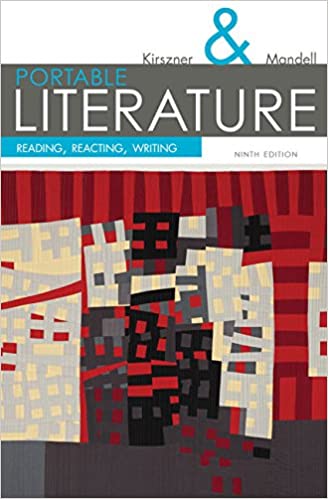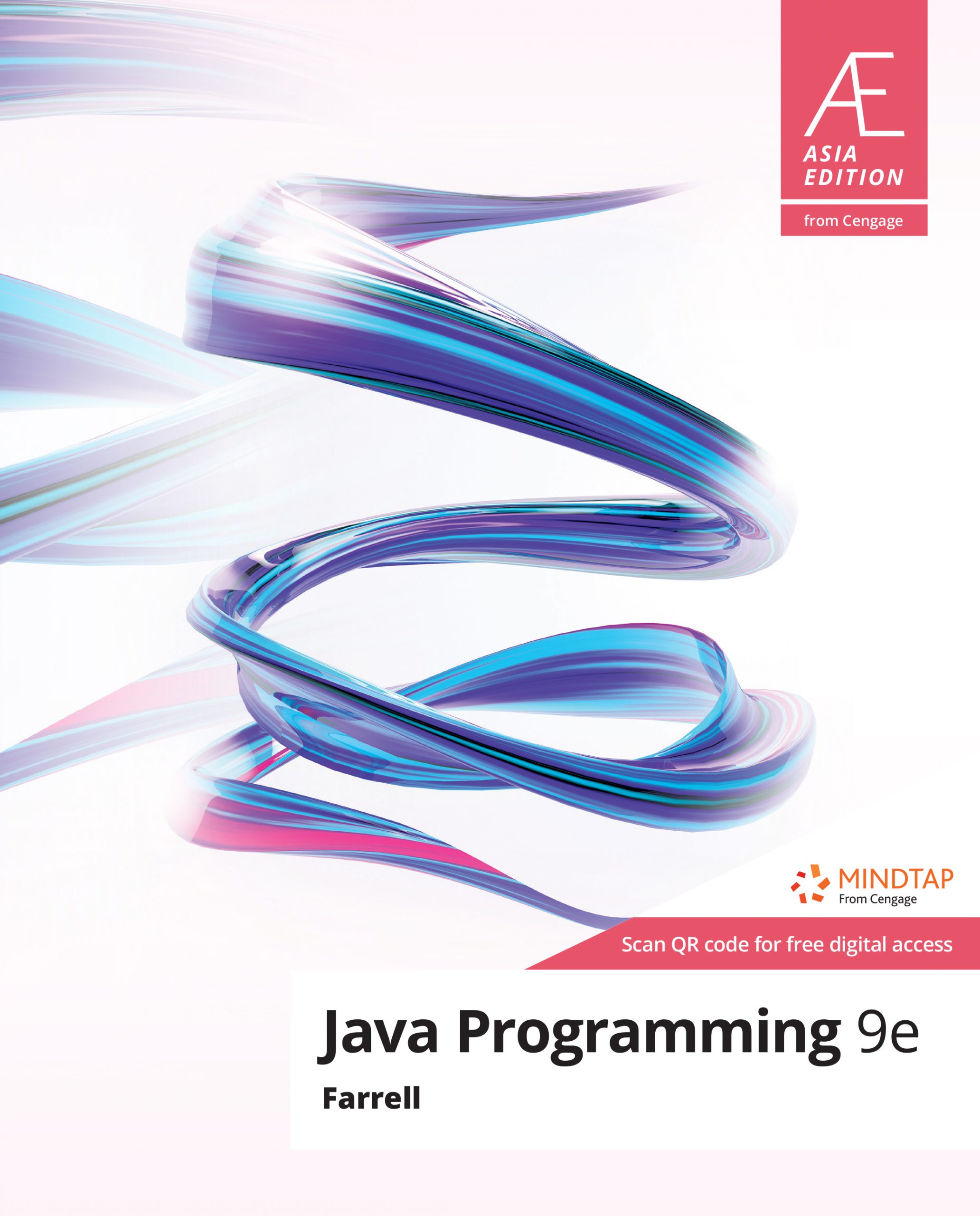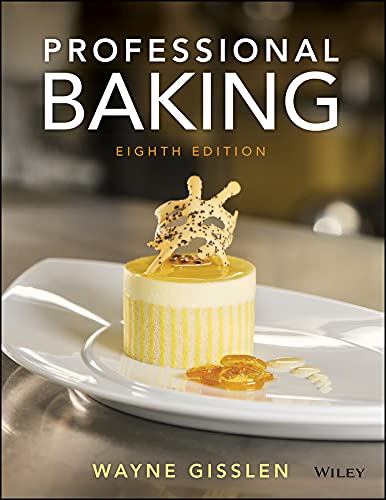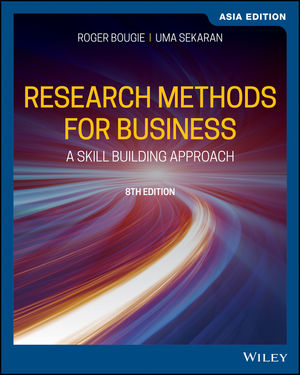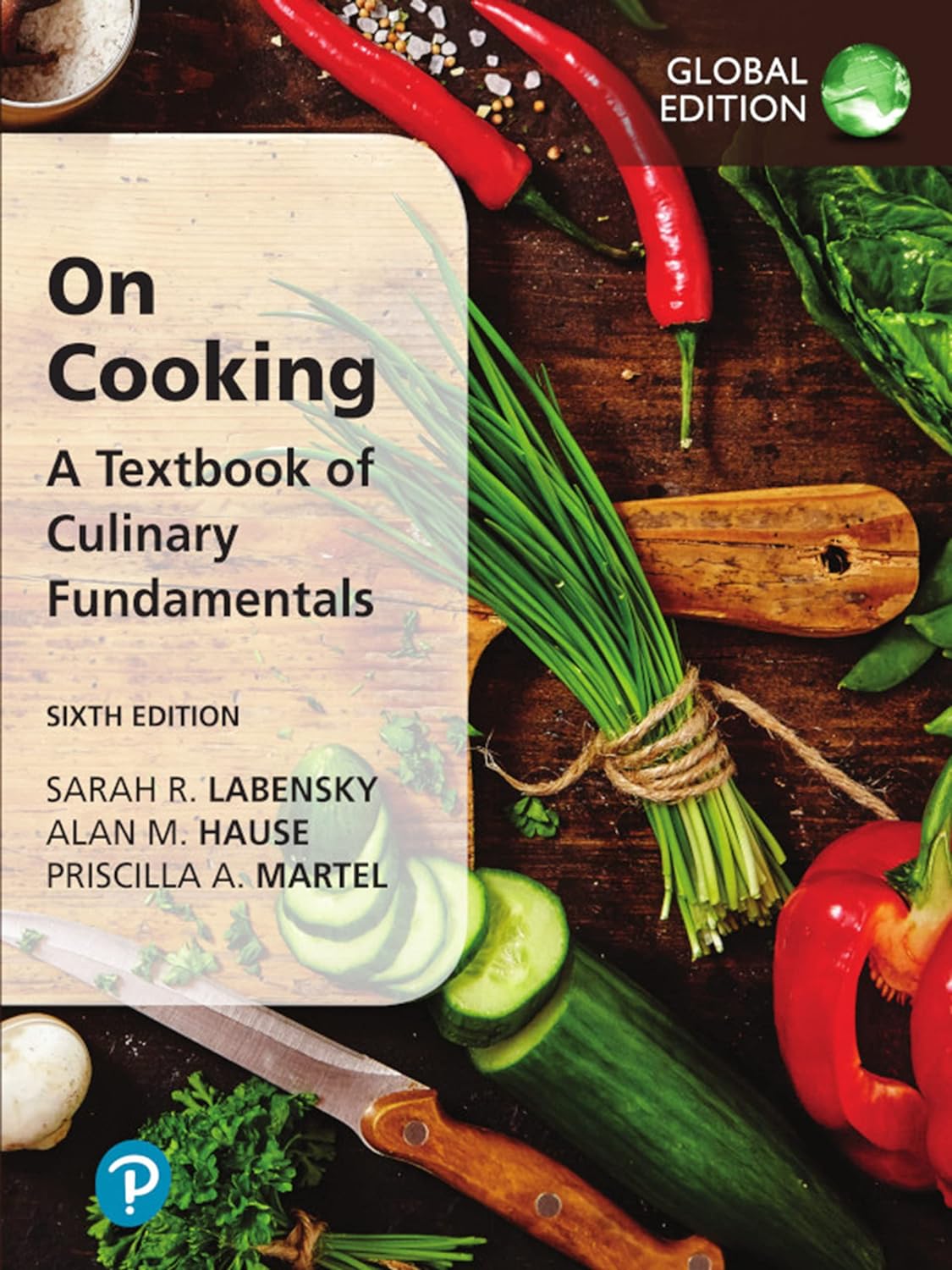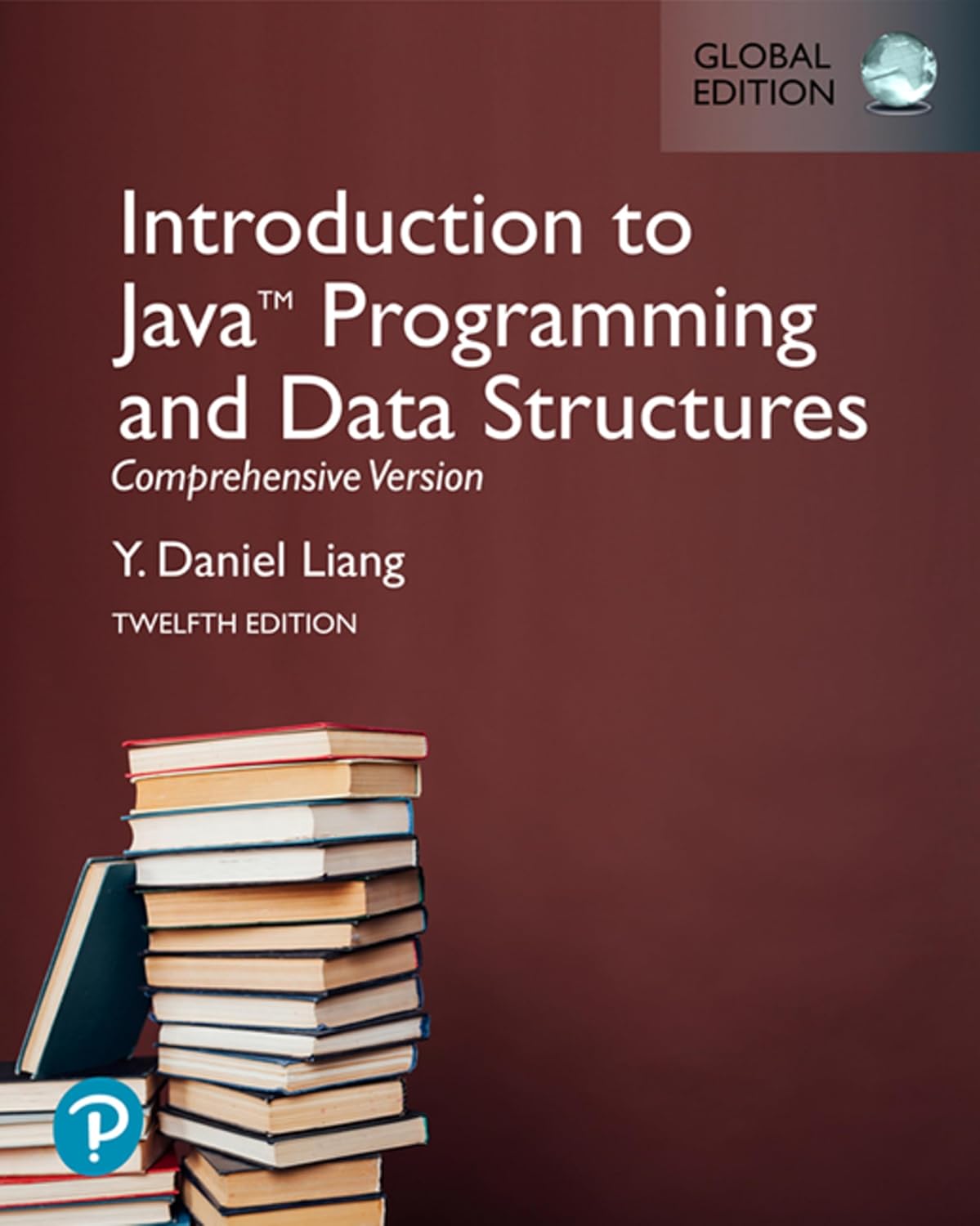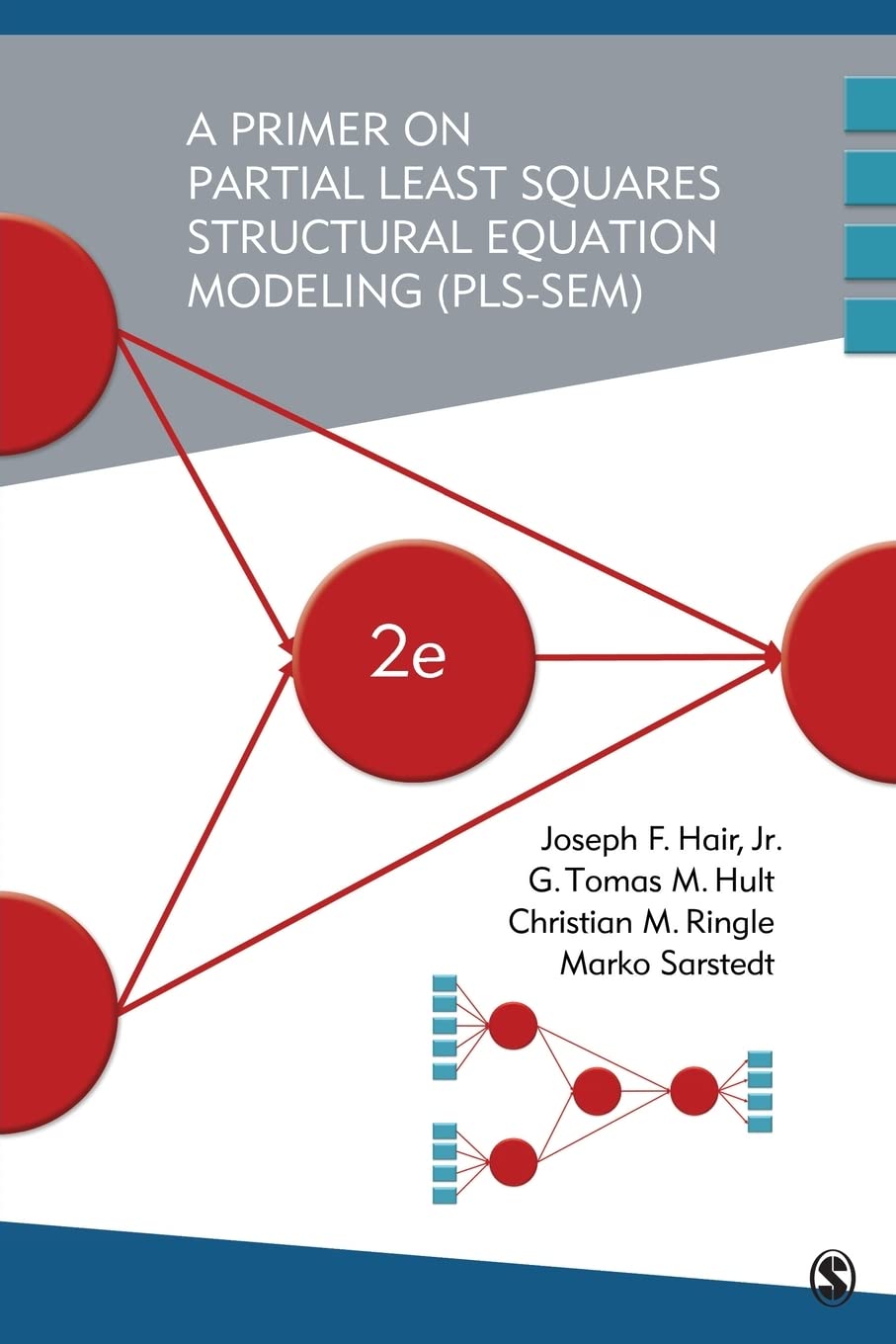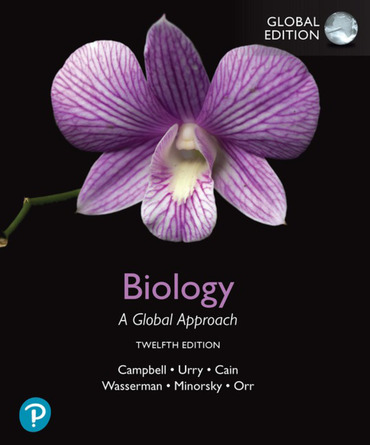PART 1: A GUIDE TO WRITING ABOUT LITERATURE.
1. Understanding Literature.
Luisa Valenzuela, “All about Suicide.” Robert Frost, “Stopping by Woods on a Snowy Evening.”
2. Reading and Writing about Literature.
Julia Alvarez’s “Dusting.”
3. Approaching Assignments in Literature.
4. Thinking Critically about Your Writing.
5. Writing Literary Arguments.
6. Using Sources in Your Writing.
7. Documenting Sources and Avoiding Plagiarism.
8. Writing Essay Exams about Literature.
PART II: FICTION.
9. Understanding Fiction.
Ernest Hemingway, “Hills Like White Elephants.”
10. Fiction Sampler: The Short-Short Story.
Julia Alvarez, “Snow.” Amanda Brown, “Love and Other Catastrophes: A Mix Tape.” Sandra Cisneros, “Pilón.” Lydia Davis, “Television.” Dave Eggers, “Accident.” Bret Anthony Johnston, “Encounters with Unexpected Animals.” Stephen Graham Jones, “Discovering America.” Jamaica Kincaid, “Girl.” Ed Park, “Slide to Unlock.” George Saunders, “Sticks.”
11. Fiction Sampler: Graphic Fiction.
Max Brooks, from The Harlem Hellfighters. R. Crumb, “A Hunger Artist.” Marjane Satrapi, from Persepolis. Art Spiegleman, from Maus. Craig Thompson, from Blankets. Gene Luen Yang, from American Born Chinese.
12. Reading and Writing about Fiction.
Alberto Álvaro Ríos, “The Secret Lion.”
13. Plot.
Kate Chopin, “The Story of an Hour.” Orhan Pamuk, “Distant Relations.” Neil Gaiman, “How to Talk to Girls at Parties.” William Faulkner, “A Rose for Emily.”
14. Character.
John Updike, “A&P”. Katherine Mansfield, “Miss Brill.” Charles Baxter, “Gryphon.” Zadie Smith, “The Girl with Bangs.”
15. Setting.
Kate Chopin, “The Storm.” Sherman J. Alexie, “This Is What It Means to Say Phoenix, Arizona.” Ralph Ellison, “Battle Royal.” Tillie Olson, “I Stand Here Ironing.”
16. Point of View.
Richard Wright, “Big Black Good Man.” Edgar Allan Poe, “The Cask of Amontillado.” William Faulkner, “Barn Burning.” Edwidge Danticat, “New York Day Women.”
17. Style, Tone, and Language.
James Joyce, “Araby.” (Mary) Flannery O’Connor, “A Good Man Is Hard to Find.” Charlotte Perkins Gilman, “The Yellow Wallpaper.” Tim O’Brien, “The Things They Carried.”
18. Symbol, Allegory, and Myth.
M. K. Hobson, “Oaks Park.” Shirley Jackson, “The Lottery.” Alice Walker, “Everyday Use.” Raymond Carver, “Cathedral.” Nathaniel Hawthorne, “Young Goodman Brown.”
19. Theme.
Eudora Welty, “A Worn Path.” David Michael Kaplan, “Doe Season.” D(avid) H(erbert) Lawrence, “The Rocking-Horse Winner.” Tobias Wolff, “Bullet in the Brain.”
20. Joyce Carol Oates’s “Where Are You Going, Where Have You Been?”: A Casebook for Reading, Research, and Writing. Joyce Carol Oates, “Where Are You Going, Where Have You Been?” Joyce Carol Oates, “When Characters from the Page Are Made Flesh on the Screen.” Bob Dylan, “It’s All Over Now, Baby Blue.” “The Pied Piper of Tucson” (photo essay). Anonymous, “The Pied Piper of Hamelin.” Charles Perrault, “Little Red Riding Hood.” A. R. Coulthard, “Joyce Carol Oates’s ‘Where Are You Going, Where Have You Been?’ as Pure Realism.” Laura Kalpakian, from a review of Where Are You Going, Where Have You Been?: Selected Early Stories. Larry Rubin, “Oates’s ‘Where Are You Going, Where Have You Been?'” Peter Dickinson, from “Riding in Cars with Boys: Reconsidering Smooth Talk.”
21. Fiction for Further Reading.
Chinua Achebe, “Dead Man’s Path.” Margaret Atwood, “Happy Endings.” James Baldwin, “Sonny’s Blues.” T. Coraghessan Boyle, “Greasy Lake.” Junot Díaz, “No Face.” James Franco, “Halloween.” Gabriel García Márquez, “A Very Old Man with Enormous Wings.” Ha Jin, “The Bane of the Internet.” Franz Kafka, “A Hunger Artist.” Lorrie Moore, “Referential.” Joyce Carol Oates, “Heat.” Flannery O’Connor, “Everything That Rises Must Converge.” Edgar Allan Poe, “The Tell-Tale Heart.” Katherine Anne Porter, “The Jilting of Granny Weatherall.” John Steinbeck, “The Chrysanthemums.” Amy Tan, “Two Kinds.”
PART III: POETRY.
22. Understanding Poetry.
Marianne Moore, “Poetry.” Pamela Spiro Wagner, “How to Read a Poem: Beginner’s Manual.” William Shakespeare, “That time of year thou mayst in me behold.” E. E. Cummings, “l(a.”
23. Reading and Writing about Poetry.
Robert Hayden, “Those Winter Sundays.” Seamus Heaney, “Digging.”
24. Voice.
Emily Dickinson, “I’m nobody! Who are you?” Louise Glück, “Gretel in Darkness.” Langston Hughes, “Negro.” Robert Browning, “My Last Duchess.” Leslie Marmon Silko, “Where Mountain Lion Lay Down with Deer.” Janice Mirikitani, “Suicide Note.” Rafael Campo, “My Voice.” Robert Frost, “Fire and Ice.” Thomas Hardy, “The Man He Killed.” Amy Lowell, “Patterns.” William Wordsworth, “The World Is Too Much with Us.” Sylvia Plath, “Morning Song.” Claude McKay, “The White City.” Robert Herrick, “To the Virgins, to Make Much of Time.” Robert Browning, “Porphyria’s Lover.” Percy Bysshe Shelley, “Ozymandias.” Sherman Alexie, “Evolution.” Anne Sexton, “Cinderella.” Sandra M. Castillo, “Castro Moves into the Havana Hilton.” Agha Shahid Ali, “The Wolf’s Postscript to ‘Little Red Riding Hood’.” Dudley Randall, “Ballad of Birmingham.” Wislawa Szymborska, “Hitler’s First Photograph.”
25. Word Choice, Word Order.
Bob Holman, “Beautiful.” Walt Whitman, “When I Heard the Learn’d Astronomer.” Rhina Espaillat, “Bilingual/Bilingue.” Adrienne Rich, “Living in Sin.” E. E. Cummings, “in Just-.”
Francisco X. Alarcón, “Mexican’ Is Not a Noun.” Margaret Atwood, “The City Planners.” Jim Sagel, “Baca Grande.” Adrienne Su, “The English Canon.” Mark Halliday, “The Value of Education.” Paul Laurence Dunbar, “We Wear the Mask.” Mary Karr, “A Blessing from My Sixteen Years’ Son.” Gwendolyn Brooks, “We Real Cool.” Gwendolyn Brooks, “What Shall I Give My Children?” Edmund Spenser, “One day I wrote her name upon the strand.” E. E. Cummings, “anyone lived in a pretty how town.” A. E. Housman, “To an Athlete Dying Young.” Charles Jensen, “Poem in Which Words Have Been Left Out.”
26. Imagery.
Jane Flanders, “Cloud Painter.” William Carlos Williams, “Red Wheelbarrow.” Ezra Pound, “In a Station of the Metro.” Gary Snyder, “Some Good Things to Be Said for the Iron Age.” William Carlos Williams, “The Great Figure.” David Trinidad, “9773 Comanche Ave.” Fernando Pessoa, “Solemnly Over the Fertile Land.” F. J. Bergmann, “An Apology.” Hart Crane, “Echoes.” Lola Ridge, “Wall Street at Night.” Robert Frost, “Nothing Gold Can Stay.” Jean Toomer, “Reapers.” Kobayashi Issa, “Haiku.” N. Scott Momaday, “Long Shadows at Dulce.” Frederick Morgan, “The Busses.” William Shakespeare, “My mistress’ eyes are nothing like the sun.” Octavio Paz, “Daybreak.” Octavio Paz, “Nightfall.”
27. Figures of Speech.
William Shakespeare, Shall I compare thee to a summer’s day? Langston Hughes, Harlem. Lawrence Ferlinghetti, Constantly Risking Absurdity. Audre Lorde, Rooming houses are old women. Robert Burns, Oh, my love is like a red, red rose. N. Scott Momaday, Simile. Sylvia Plath, Metaphors. John Updike, Ex-Basketball Player. Randall Jarrell, The Death of the Ball Turret Gunner. Marge Piercy, The Secretary Chant. John Donne, A Valediction: Forbidding Mourning. Martín Espada, My Father as a Guitar. Sylvia Plath, Daddy. Edna St. Vincent Millay, If I should learn, in some quite casual way. Anne Bradstreet, To My Dear and Loving Husband. Andrew Marvell, To His Coy Mistress. Robert Frost, Out, Out—. Countee Cullen, Incident. Margaret Atwood, You fit into me. Richard Lovelace, To Lucasta Going to the Wars. Dylan Thomas, The Hand That Signed the Paper. Nancy Mercado, Going to Work. John Keats, Ode to a Nightingale. Allen Ginsberg, A Supermarket in California.
28. Sound.
Walt Whitman, “Had I the Choice.” Gwendolyn Brooks, “Sadie and Maud.” Emily Dickinson, “I like to see it lap the Miles—.” Adrienne Rich, “Aunt Jennifer’s Tigers.” Thomas Lux, “A Little Tooth.” Lewis Carroll, “A Boat Beneath a Sunny Sky.” N. Scott Momaday, “Comparatives.” Robert Herrick, “Delight in Disorder.” Robert Frost, “The Road Not Taken.” Gerard Manley Hopkins, “Pied Beauty.” Shel Silverstein, “Where the Sidewalk Ends.” Jacob Saenz, “Evolution of My Block.” Lewis Carroll, “Jabberwocky.”
29. Form.
John Keats, “On the Sonnet.” William Shakespeare, “When, in disgrace with Fortune and men’s eyes.” John Keats, “On First Looking into Chapman’s Homer.” Edna St. Vincent Millay, “Love is not all.” Lynn Aarti Chandhok, “The Carpet Factory.” Gwendolyn Brooks, “First Fight, Then Fiddle.” Rhina Espaillat, “Find Work.” Alberto Álvaro Ríos, “Nani.” Elizabeth Bishop, “Sestina.” Patricia Smith, “Ethel’s Sestina.” Theodore Roethke, “The Waking.” Deborah Paredez, “Wife’s Disaster Manual.” Samuel Taylor Coleridge, “What Is an Epigram?” Dorothy Parker, “News Item.” Carol Ann Duffy, “Mrs. Darwin.” Martín Espada, “Why I Went to College.” A. R. Ammons, “Both Ways.” Matsuo Bashō, “Four Haiku.” Jack Kerouac, “American Haiku.” Carl Sandburg, “Chicago.” E. E. Cummings, “the sky was can dy.” Walt Whitman, from “Out of the Cradle Endlessly Rocking.” William Carlos Williams, “Spring and All.” Richard Blanco, “Mexican Almuerzo in New England.” Claire Lee, “Living in Numbers.” May Swenson, “Women.” George Herbert, “Easter Wings.” John Hollander, “Skeleton Key.” May Swenson, “Women Should Be Pedestals.”
30. Symbol, Allegory, Allusion, Myth.
William Blake, “The Sick Rose.” Robert Frost, “For Once, Then, Something.” Emily Dickinson, “Volcanoes be in Sicily.” Langston Hughes, “Island.” Edgar Allan Poe, “The Raven.” Virgil Suárez, “Isla.” Christina Rossetti, “Uphill.” Carl Dennis, “At the Border.” William Meredith, “Dreams of Suicide.” Billy Collins, “Aristotle.” R. S. Gwynn, “Shakespearean Sonnet.” Countee Cullen, “Yet Do I Marvel.” May Swenson, “The Centaur.” William Butler Yeats, “Leda and the Swan.” Seamus Heaney, “Anything Can Happen.” W. H. Auden, “Musée des Beaux Arts.” T. S. Eliot, “Journey of the Magi.”
31. Discovering Themes in Poetry.
Robert Herrick, “The Argument of His Book.” Theodore Roethke, “My Papa’s Waltz.” Robert Hayden, “Those Winter Sund.ays” Julia Alvarez, “Dusting.” Seamus Heaney, “Digging.” Judith Ortiz Cofer, “My Father in the Navy: A Childhood Memory.” Mitsuye Yamada, “The Night Before Goodbye.” Richard Blanco, “Papa’s Bridge.” Andrew Hudgins, “Elegy for My Father, Who Is Not Dead.” Adrienne Rich, “A Woman Mourned by Daughters.” Dylan Thomas, “Do not go gentle into that good night.” William Wordsworth, “I wandered lonely as a cloud.” Gerard Manley Hopkins, “The Windhover.” A. E. Housman, “Loveliest of Trees.” Carl Sandburg, “Fog.” Robert Frost, “Birches.” Denise Levertov, “Living.” Wendell Berry, “The Peace of Wild Things.” Carl Sandburg, “Autumn Movement.” Robert Browning, “Meeting at Night.” Robert Browning, “Parting at Morning.” Elizabeth Barrett Browning, “How Do I Love Thee?” Edna St. Vincent Millay, “What lips my lips have kissed.” Jehanne Dubrow, “Before the Deployment.” Leigh Hunt, “Jenny Kissed Me.” Dorothy Parker, “General Review of the Sex Situation.” Tupac Shakur, “Love is Just Complicated.” Wilfred Owen, “Dulce et decorum Est.” Siegfried Sassoon, “Atrocities.” Rupert Brooke, “The Soldier.” John McCrae, “In Flanders Fields.” Radiohead, “Harry Patch (in Memory of).” Henry Reed, “Naming of Parts.” W. H. Auden, from “In Time of War.” Yusef Komunyakaa, “Facing It.” David Hernandez, “Mosul.” Richard Wilbur, “Terza Rima.” Wislawa Szymborska, “The End and the Beginning.”
32. The Poetry of Langston Hughes: A Casebook for Reading, Research, and Writing.
Langston Hughes, “The Negro Speaks of Rivers.” Langston Hughes, “Dream Variations.” Langston Hughes, “The Weary Blues.” Langston Hughes, “I, Too.” Langston Hughes, “Song for a Dark Girl.” Langston Hughes, “Ballad of the Landlord.” Langston Hughes, “Theme for English B.” Langston Hughes, “Dream Boogie.” Langston Hughes, “Birmingham Sunday (September 15, 1963).” Langston Hughes, “Old Walt.” Langston Hughes, “Lenox Avenue: Midnight.” Langston Hughes, “Un-American Investigators.” Langston Hughes, “Dinner Guest: Me.” Langston Hughes, “Ballad of Booker T.” Langston Hughes, from “The Negro Artist and the Racial Mountain.” Langston Hughes, “To Negro Writers.” Langston Hughes, from “My Adventures as a Social Poet.” Arnold Rampersad, from “The Origins of Poetry in Langston Hughes.” Poetry Foundation, from “Langston Hughes.” Rick Brown, “Bitter Jazz in Langston Hughes’s ‘Dream Boogie’.” Karen Jackson Ford, from “Do Right to Write Right: Langston Hughes’s Aesthetics of Simplicity.” George B. Hutchinson, from “Langston Hughes and the ‘Other’ Whitman.” Yusef Komunyakaa, from “Langston Hughes + Poetry = The Blues.”
33. Poetry for Further Reading.
Sherman J. Alexie, “Defending Walt Whitman.” Anonymous, “Bonny Barbara Allan.” Anonymous, “Go Down, Moses.” Matthew Arnold, “Dover Beach.” Elizabeth Bishop, “The Fish.” William Blake, “The Chimney Sweeper.” William Blake, “The Lamb.” William Blake, “London.” William Blake, “To see a World in a Grain of Sand.” William Blake, “The Tyger.” Elizabeth Bradfield, “Why They Went.” Anne Bradstreet, “The Author to Her Book.” Gwendolyn Brooks, “The Chicago Defender Sends a Man to Little Rock.” Gwendolyn Brooks, “Medgar Evers.” Charles Bukowski, “so you want to be a writer?” George Gordon, Lord Byron, “She Walks in Beauty.” Judith Ortiz Cofer, “Lessons of the Past.” Samuel Taylor Coleridge, “Kubla Khan.” Billy Collins, “Introduction to Poetry.” Bill Coyle, “Aubade.” E. E. Cummings, “Buffalo Bill’s.” E. E. Cummings, “next to of course god america i.” Jim Daniels, “Short-Order Cook.” Emily Dickinson, “After great pain, a formal feeling comes—.” Emily Dickinson, “Because I could not stop for Death—.” Emily Dickinson, “‘Faith’ is a fine invention.” Emily Dickinson, “‘Hope’ is the thing with feathers—.” Emily Dickinson, “I dwell in Possibility—.” Emily Dickinson, “I heard a Fly buzz—when I died—.” Emily Dickinson, “I never saw a Moor—.” Emily Dickinson, “I taste a liquor never brewed—.” Emily Dickinson, “Much Madness is divinest Sense—.” Emily Dickinson, “My Life had stood—a Loaded Gun.” Emily Dickinson, “The Soul selects her own Society—.” Emily Dickinson, “Success is counted sweetest.” Emily Dickinson, “Tell all the Truth but tell it slant—.” Emily Dickinson, “There is no Frigate like a Book.” Emily Dickinson, “There’s a certain Slant of light.” Emily Dickinson, “This is my letter to the World.” Emily Dickinson, “Wild Nights—Wild Nights!” John Donne, “Batter My Heart, Three-Personed God.” John Donne, “Death Be Not Proud.” John Donne, “The Flea.” Denise Duhamel, “Buddhist Barbie.” T. S. Eliot, “The Love Song of J. Alfred Prufrock.” James A. Emanuel, “Emmett Till.” Louise Erdrich, “Indian Boarding School: The Runaways.” Martín Espada, “The Community College Revises Its Curriculum in Response to Changing Demographics.” Robert Frost, “Acquainted with the Night.” Robert Frost, “Design.” Robert Frost, “Mending Wall.” Thomas Hardy, “The Convergence of the Twain.” Seamus Heaney, “Mid-Term Break.” William Ernest Henley, “Invictus.” Gerard Manley Hopkins, “God’s Grandeur.” A. E. Housman, “When I Was One-and-Twenty.” Donald Justice, “Men at Forty.” John Keats, “La Belle Dame sans Merci: A Ballad.” John Keats, “Ode on a Grecian Urn.” John Keats, “When I Have Fears.” David Keplinger, “Wave.” Steve Kowit, “The Grammar Lesson.” Lâm Thị Mỹ Dạ, “Bomb Crater Sky.” Philip Larkin, “The Explosion.” Li-Young Lee, “From Blossoms.” Robert Lowell, “Skunk Hour.” Archibald MacLeish, “Ars Poetica.” Christopher Marlowe, “The Passionate Shepherd to His Love.” Claude McKay, “If We Must Die.” John Milton, “When I consider how my light is spent.” Pat Mora, “La Migra.” Pablo Neruda, “Tonight I Can Write.” Pablo Neruda, “The United Fruit Co.” Linda Pastan, “Ethics.” Linda Pastan, “Marks.” Leroy V. Quintana, “Poem for Salt.” Sir Walter Raleigh, “The Nymph’s Reply to the Shepherd.” Edwin Arlington Robinson, “Miniver Cheevy.” Edwin Arlington Robinson, “Richard Cory.” Cynthia Rylant, “God Went to Beauty School.” William Shakespeare, “Let me not to the marriage of true minds.” William Shakespeare, “Not marble, nor the gilded monuments.” Percy Bysshe Shelley, “Ode to the West Wind.” Stevie Smith, “Not Waving but Drowning.” Wole Soyinka, “Hamlet.” Wallace Stevens, “Anecdote of the Jar.” Wallace Stevens, “The Emperor of Ice-Cream.” Alfred, Lord Tennyson, “The Eagle.” Alfred, Lord Tennyson, “Ulysses.” Dylan Thomas, “Fern Hill.” Ko Un, “In the old days a poet once said.” Charles Webb, “The Death of Santa Claus.” Phillis Wheatley, “On Being Brought from Africa to America.” Walt Whitman, “I Hear America Singing.” Walt Whitman, “A Noiseless Patient Spider.” Walt Whitman, from “Song of Myself.” William Wordsworth, “Composed upon Westminster Bridge, September 3, 1802.” William Wordsworth, “London, 1802.” William Wordsworth, “My heart leaps up when I behold.” William Wordsworth, “The Solitary Reaper.” William Butler Yeats, “An Irish Airman Foresees His Death.” William Butler Yeats, “The Lake Isle of Innisfree.” William Butler Yeats, “Sailing to Byzantium.” William Butler Yeats, “The Second Coming.” Kevin Young, “Song of Smoke.”
Poetry Sampler: Poetry and Art.
Rita Dove, “Sonnet in Primary Colors.” Jane Flanders, “Van Gogh”s Bed.” Allen Ginsberg, “Cézanne’s Ports.” Robert Hayden, “Monet’s ‘Waterlilies.” Anne Sexton, “The Starry Night.” Cathy Song, “Girl Powdering Her Neck.”
PART IV: DRAMA.
34. Understanding Drama.
Anton Chekhov, The Brute.
35. Drama Sampler: Ten-Minute Plays.
Steven Korbar, “What Are You Going to Be?” Jane Martin, Beauty. Kimberly Pau, Magic 8 Ball. Harold Pinter, Applicant. Earl T. Roske, Zombie Love.
37. Plot.
David Ives, The Blizzard. Warren Leight, Nine Ten. Henrik Ibsen, A Doll House.
38. Character.
Paul Dooley and Winnie Holzman, Post-its. David Auburn, Proof. Arthur Miller, Death of a Salesman. William Shakespeare, Hamlet.
39. Staging.
Michael Salomon, The Date. Milcha Sanchez-Scott, The Cuban Swimmer. Sophocles, Oedipus the King.
40. Theme.
Jeni Mahoney, Come Rain or Come Shine. Sophocles, Antigone. John Patrick Shanley, Doubt: A Parable. August Wilson, Fences.
41. Susan Glaspell’s Trifles: A Casebook for Reading, Research, and Writing.
Susan Glaspell, Trifles. Linda Ben-Zvi, from “Murder, She Wrote: The Genesis of Susan Glaspell’s Trifles.” Susan Glaspell, “Surrounded by Mystery: Murder of John Hossack Was Not for Money.” Anonymous, “Wife Charged with Murder.” Susan Glaspell, “Surprise Is Expected: Rumored Developments in Hossack Murder Case.” Susan Glaspell, “A Jury of Her Peers.” Suzy Clarkson Holstein, from “Silent Justice in a Different Key: Glaspell’s Trifles.” Leonard Mustazza, “Generic Translation and Thematic Shift in Susan Glaspell’s Trifles and ‘A Jury of Her Peers.” Lillian Schanfield, from “The Case of the Battered Wife: Susan Glaspell’s Trifles and ‘A Jury of Her Peers.” Judith Kay Russell, “Glaspell’s Trifles.”
